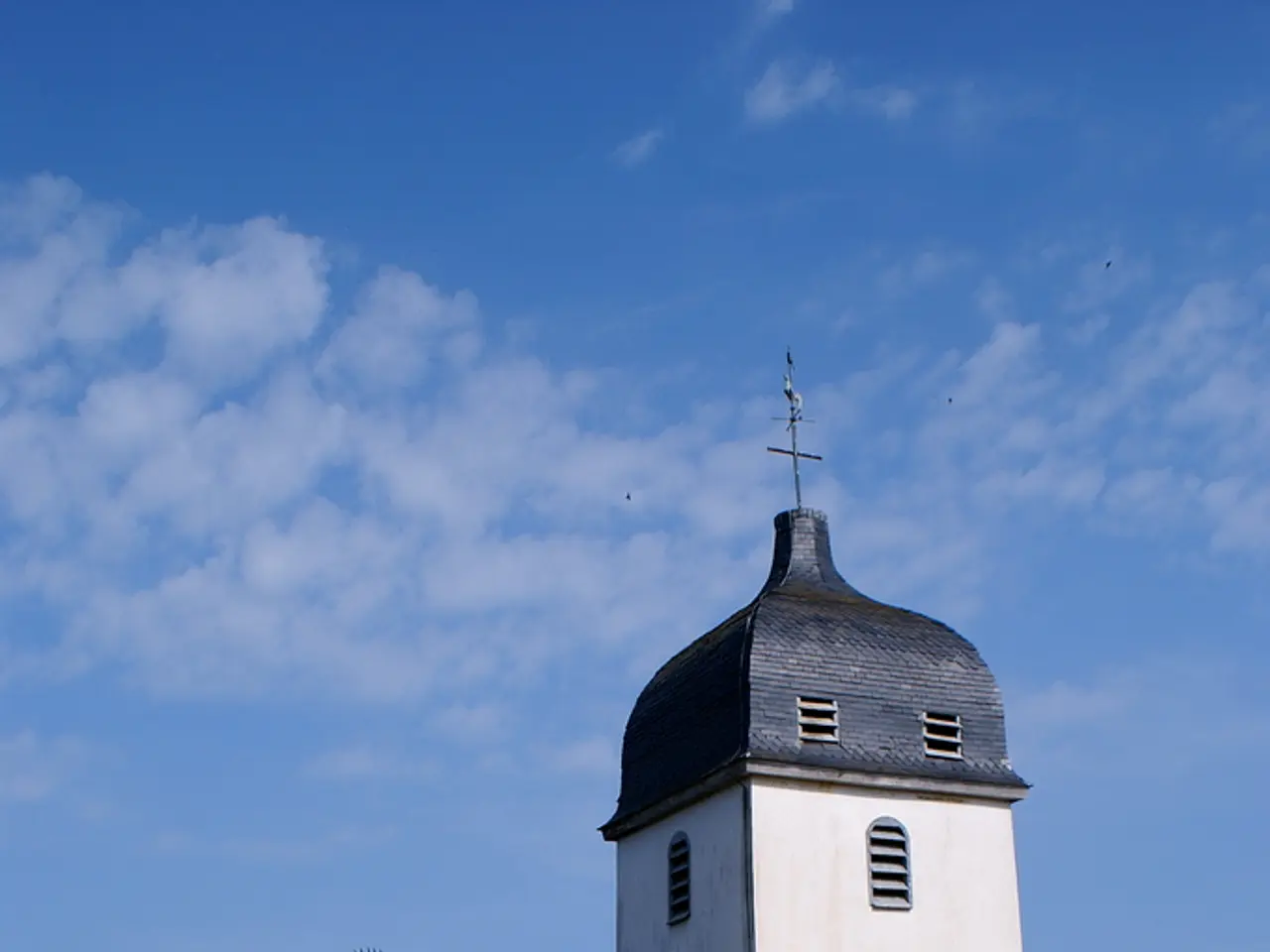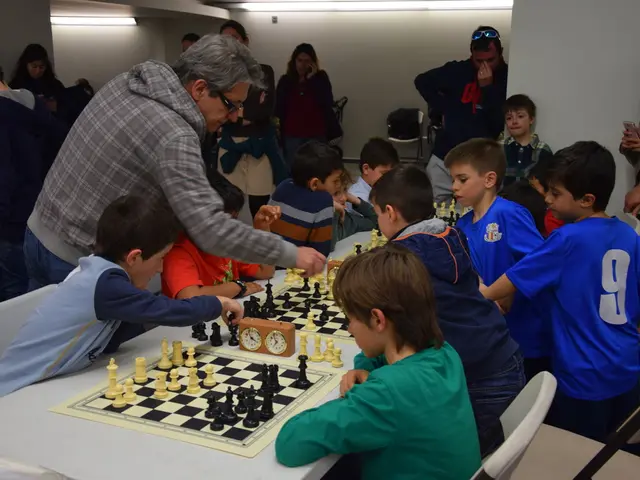God should be served by religion, not by humans, according to Patriarch Bartholomew's assertion.
Patriarch Bartholomew I, the spiritual leader of the majority of the world's Orthodox Christians, met with President Donald Trump on September 15. During their discussion, the patriarch emphasised the importance of pursuing the Kingdom of God, rather than any kingdom of Man.
The Orthodox Church, with member churches primarily in Greece, Russia, Serbia, Bulgaria, Romania, Georgia, Moldova, Cyprus, and several other nations, is often organised as autocephalous national churches. However, controversies within Orthodoxy, such as the accusations of ethno-phyletism against the Serbian Orthodox Church and the geopolitical tensions surrounding the Moldovan Orthodox Church, highlight the challenges faced by the Church in maintaining unity despite ethnic, linguistic, racial, and religious differences.
Addressing the State Department on September 16, Patriarch Bartholomew spoke about the historical entanglements between Church and State, and the dangers of using religion to consolidate peoples around specific governments. He noted that such usage is true of all the Abrahamic faiths.
The patriarch questioned whether rigid forms of conformity still serve the interests of the people and expressed his goal to identify with others, rather than objectify them. He also stressed the need for diplomacy to require a capacity to empathise and understand another's condition.
In his speech, Patriarch Bartholomew mentioned the 1700th anniversary of the first ecumenical Council of Nicaea and the principles of his faith that he plans to use to embrace others, rather than reject them. He also addressed the issue of national identities reifying themselves around specific characteristics, often religion, and the Orthodox Church's stance against ethno-phyletism and religious nationalism as a policy.
The Russian Orthodox Church severed communion with Constantinople in 2018 over a dispute regarding the Ukrainian Orthodox Church. Despite this, the Ecumenical Patriarchate continues to seek to foster interreligious dialogue, mutual respect, and an understanding of coexistence.
On September 24, Patriarch Bartholomew will receive the Templeton Prize, an award given annually to individuals who have made exceptional contributions to affirming life's spiritual dimension, whether through insight, discovery, or practical works. The patriarch plans to use this platform to value others, rather than debase them.
In conclusion, Patriarch Bartholomew's meeting with President Trump and his speech at the State Department dinner served as a reminder of the need for unity, empathy, and understanding in a world divided by differences. His commitment to the principles of his faith and his dedication to fostering interreligious dialogue make him a powerful voice for peace and harmony in a turbulent world.






